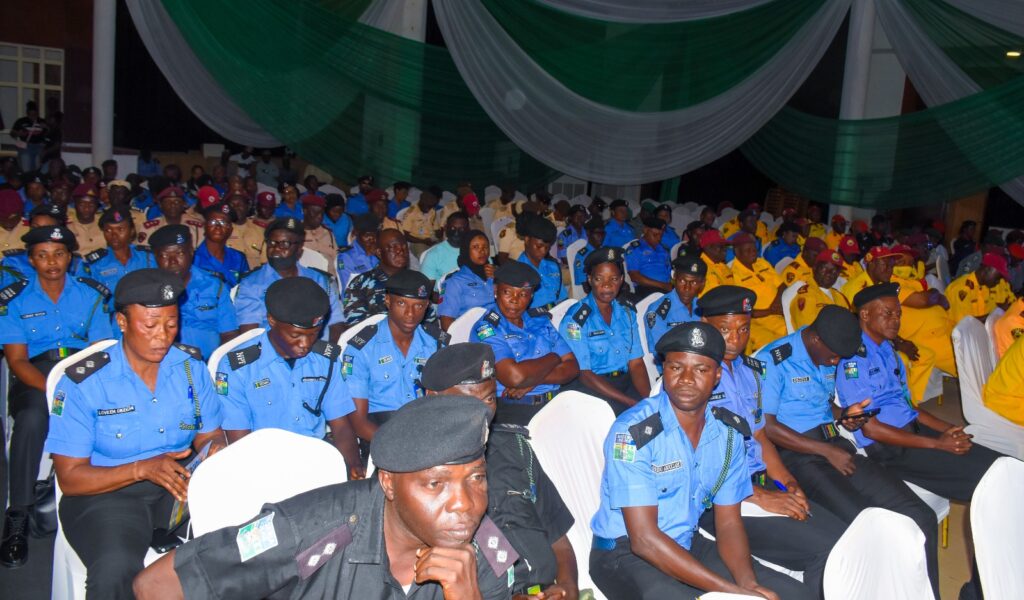Kwara State Governor AbdulRahman AbdulRazaq and medical professionals have expressed concern over the growing incidence of mental health challenges among security personnel across Nigeria.
Speaking on Thursday in Ilorin at a mental health conference organised by the Peace Progress and Unity Global Initiative (PPUGI), stakeholders highlighted the urgent need for comprehensive mental health support systems for security operatives.
The conference, themed “Breaking the Silence: Mental Health Support for Our Protectors (Security Personnel and Stakeholders),” brought together medical experts, government officials, and advocacy groups.
The Chief Medical Director of the University of Ilorin Teaching Hospital (UITH), Dr. Ahmed Abdulquadri, described mental health issues among security personnel as a silent epidemic, stressing that they are particularly vulnerable due to the nature of their job.
“This is sometimes what causes accidental discharge or the shooting of colleagues,” Dr. Abdulquadri said. “As many as 250 million people worldwide will become depressed this year, but less than 25 percent have access to quality healthcare. Women are more than twice as likely to be affected.”
He emphasized that mental health is critical to the performance and overall well-being of security operatives. According to him, supportive policies, stigma-free access to services, and encouraging help-seeking behavior are essential to building a healthier and more effective security force.
To prevent mental health breakdowns, he recommended prioritizing work, taking frequent breaks, regular exercise, social engagement, good sleep, and eliminating stigma around mental health.
Also speaking, the CMD of UITH, Prof. Abdallah Yusuf, represented by Dr. Tajudeen Abiola, Head of Medical Psychology Therapy, urged the government to allocate more funding specifically for the mental health and welfare of security personnel.
He advocated not only for improved remuneration but also for the establishment of evidence-based counseling centers to provide consistent and accessible support for those in service.
“We must also encourage security personnel to care for one another,” he added.
Governor AbdulRazaq, represented by his Counselor and Advisor, Saad Salau, described mental health among security operatives as a critical security issue.
“Mental health for personnel is a security concern, as it can affect their performance, relationships, and overall well-being,” the governor noted. “When left untreated, these issues can result in decreased productivity, increased errors, and strained relationships.”
In her contribution, Commissioner for Social Development, Dr. Nafisat Imam, said the event highlighted the growing role of social development in promoting mental health, not only in community structures and workplaces but also in family settings and economic stability.















